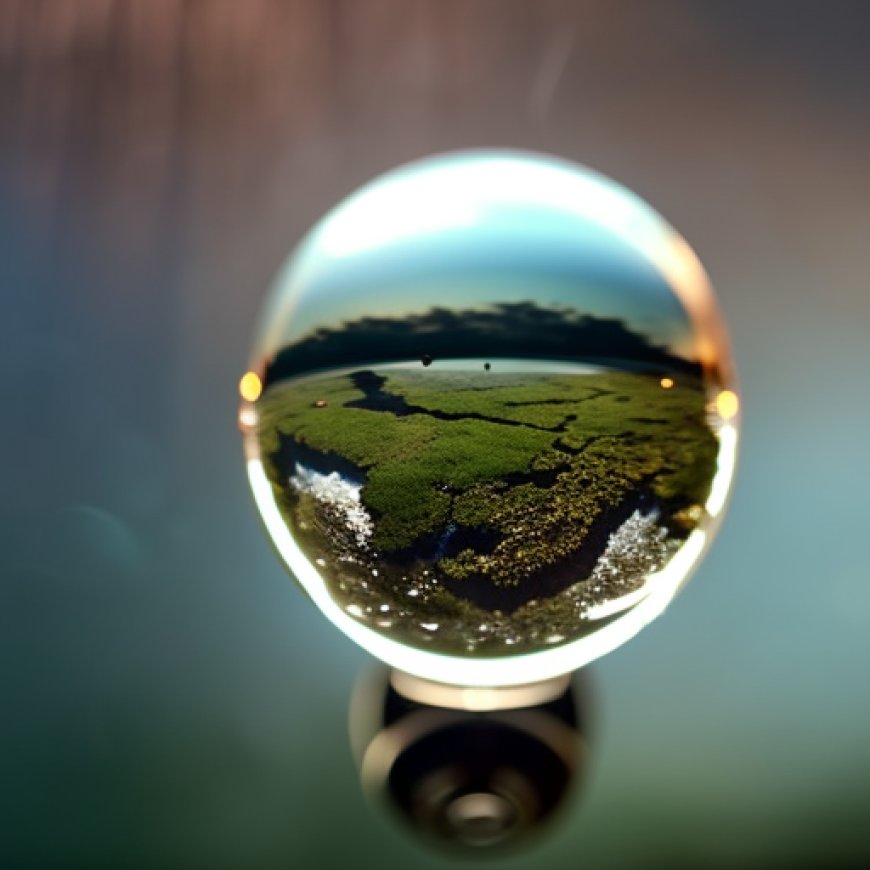Do you know what the water from your tap goes through? It’s all about keeping it clean


August Designated as National Water Quality Month
In an effort to highlight the importance of having access to clean water, August is designated as National Water Quality Month.
The Significance of Clean Water
Having access to safe water is vital to the health and well-being of most species, experts say.
The Importance of the Savannah River
“In Augusta we’re at mile marker 200 of approximately a 400-mile long river,” said Tonya Bonitatibus, executive director of the Savannah Riverkeeper. “In each one of the towns located along the river and creeks, there is somebody who is drinking the water out of the river.
The Goals of the Savannah Riverkeeper
The Savannah Riverkeeper is a nonprofit located in Augusta that watches over the water quality of the Savannah River from North Carolina to Savannah. Bonitatibus said the three goals of the Savannah Riverkeeper are restoration, protection, and education.
The Clean Water Act
The Federal Water Pollution Control Act of 1948 was the first major U.S. law to address water pollution, according to the federal Environmental Protection Agency. Growing public awareness and concern for controlling water pollution led to sweeping amendments in 1972, when the law became commonly known as the Clean Water Act.
The Role of Columbia County Water Utility
Margaret Doss, compliance manager for Columbia County Water Utility, ensures that the county complies with state and federal regulations designated for water utilities. The county has two drinking water treatment plants that withdraw water from Clarks Hill (Thurmond) Lake and the Savannah River.
The Water Treatment Process
- Water goes through a distribution system.
- Water from the treatment plant is pumped through the pipes into tanks.
- The water pressure in the tank causes it to go through more pipes to your house.
- Users utilize the water for various purposes and then it goes back to the wastewater collection system to go through the process again.
The Drinking Water Treatment Process
- Pump water from the Savannah River or from Thurmond Lake to the drinking water treatment plant.
- Add an oxidant called potassium permanganate to bind up the naturally present manganese in the water.
- Add a coagulant to cause particles in the water to stick together.
- Pass the water through a sedimentation basin to allow larger particles to settle out.
- Filter the water through a multimedia filter to remove remaining solids.
- Add chlorine for disinfection, fluoride for healthy teeth, and phosphate to protect pipes.
Tips for Water Conservation
Avoid flushing anything other than toilet paper and avoid pouring grease down the drain. These actions can cause clogs and pollute the water.
Conclusion
Access to clean and safe water is crucial for the well-being of both humans and the environment. Efforts to protect and improve water quality, as outlined in the Sustainable Development Goals (SDGs), are essential for a sustainable future.
Source: augustachronicle.com








